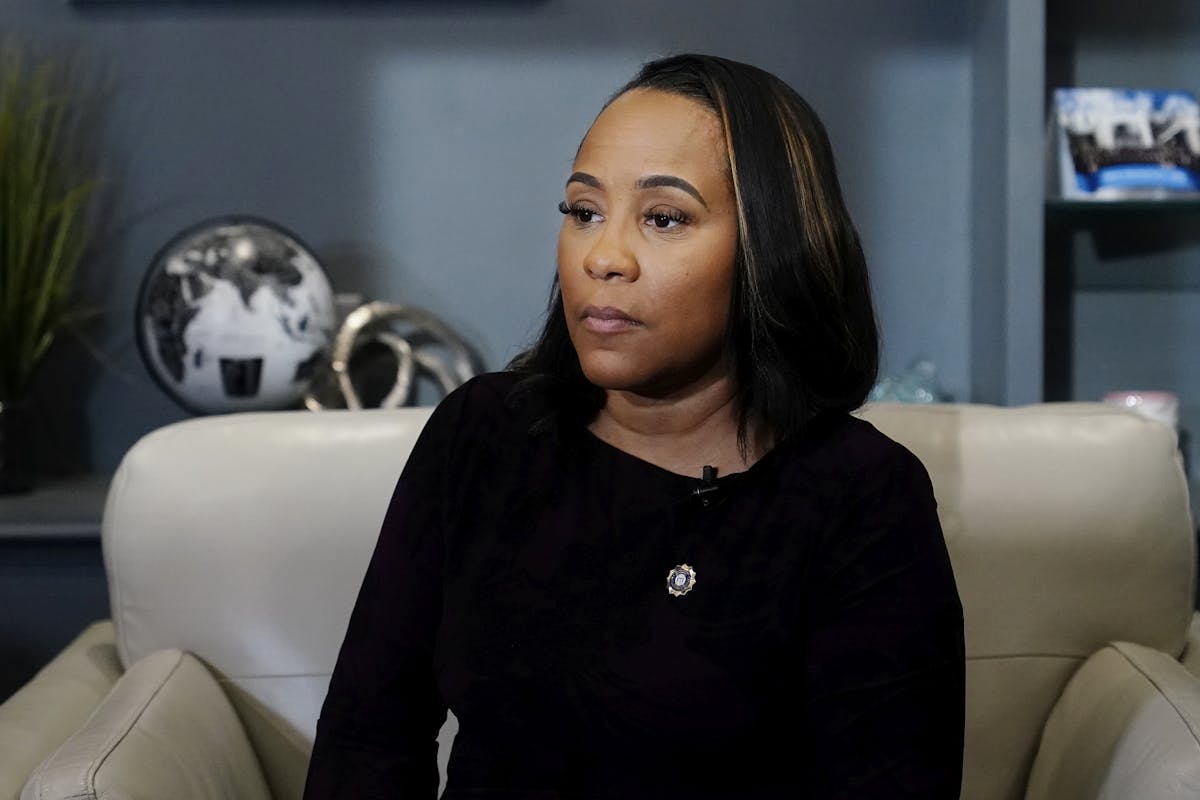Fani Willis Wins Extension From the Supreme Court, but Case Against Trump — Upended by Her Love Affair — Is in Trouble
The district attorney’s request for a delay could suggest more troubles for her racketeering case.

The Supreme Court’s grant of a filing extension to the Fulton County district attorney, Fani Willis, underscores that her sprawling racketeering case against President Trump and 18 others faces no shortage of headwinds — some of her own making, others gusting from above.
The high court delayed by one month, until September 30, the due date for Ms. Willis to respond to a petition from one of her defendants, a former Trump White House chief of staff, Mark Meadows. That request, directed to the high court, argues that in light of the justices’ landmark immunity ruling and the office he once held, he ought to be tried not at Fulton County, but in federal court.
A login link has been sent to
Enter your email to read this article.
Get 2 free articles when you subscribe.

